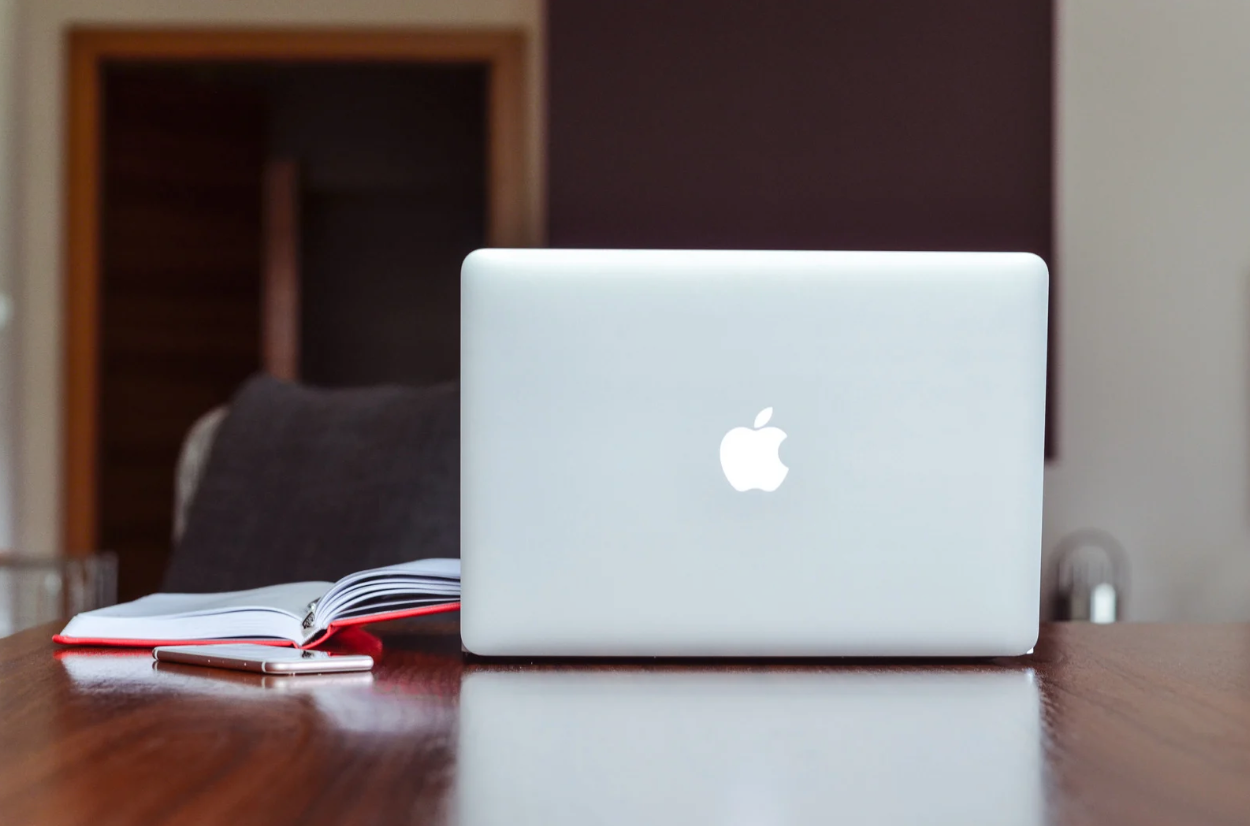
The Art of Digital Detoxing: How to Break Free
Refresh, Recharge, Reconnect
Digital Detox
Let’s talk about something that’s become a bit of a modern-day epidemic: screen time overload. We’re no strangers to the digital world – from scrolling through social media feeds to binge-watching our favourite shows. But here’s the thing: all that screen time might be taking a toll on our health and well-being. Global corporations who create the technologies we are arguable addicted to invest billions into development in order to keep us hooked on their devices, that is their job and they are brilliantly good at it.
However, numerous studies have shown the negative effects of excessive screen time on our physical and mental health, from eye strain and headaches to sleep disturbances and increased stress levels. Let’s explore some of these issues stemming from screen time usage:
- Eye Strain and Digital Eye Fatigue: Prolonged exposure to screens can lead to digital eye strain, characterised by symptoms like dry eyes, headaches, and blurred vision. A study published in the journal “Clinical & Experimental Ophthalmology” found that prolonged computer use was associated with increased symptoms of eye strain among young adults.
- Disrupted Sleep Patterns: The blue light emitted by screens can disrupt our natural sleep-wake cycle, making it harder to fall asleep and stay asleep. Research published in the journal “Proceedings of the National Academy of Sciences” suggests that exposure to blue light from screens before bedtime can suppress the production of melatonin, a hormone that regulates sleep.
- Increased Stress Levels: Spending too much time on screens can also contribute to higher stress levels. A study conducted by researchers at the University of Gothenburg found that heavy use of computers and mobile phones was associated with increased levels of stress and sleep disturbances among young adults.
- Sedentary Lifestyle: Excessive screen time often leads to a sedentary lifestyle, which can have detrimental effects on our physical health. According to a study published in the journal “JAMA Internal Medicine,” prolonged sitting has been linked to an increased risk of chronic diseases like obesity, diabetes, and cardiovascular disease.
- Negative Impact on Mental Health: Research has also shown a link between excessive screen time and poor mental health outcomes, including depression and anxiety. A study published in the journal “JAMA Pediatrics” found that higher levels of screen time were associated with lower psychological well-being among adolescents.
These studies underscore the importance of finding a healthy balance with our screen time to protect our physical and mental well-being. So, let’s take proactive steps to reduce our screen time and prioritise activities that promote overall health and happiness.
Disconnect to Reconnect
So, how can we reclaim our time and give our minds and bodies a much-needed break from the digital noise? Here are some tips for a successful digital detox:
- Set Boundaries: Start by setting clear boundaries around your screen time. Decide on specific times of day when you’ll check your phone or use other devices, and stick to them. Consider implementing a “no screens before bed” rule to improve your sleep quality and overall well-being.
- Use Screen Time Locks: Take advantage of the screen time management features available on your devices. Many smartphones and tablets offer built-in screen time locks that allow you to set limits on how much time you spend on certain apps or websites. Use these tools to help you stay accountable and reduce your screen time.
- Prioritise Offline Activities: Instead of reaching for your phone or laptop during downtime, opt for offline activities that nourish your mind and body. Whether it’s reading a book, going for a walk in nature, or practicing yoga, find activities that help you disconnect from the digital world and reconnect with yourself. Revert back to a paper diary such as a Filofax to reduce the reliance to go onto your devices to check your offline activities in your calendar.
- Create Tech-Free Zones: Designate certain areas of your home as tech-free zones, such as the bedroom or dining room. This will help create a more mindful environment and encourage you to engage in face-to-face interactions with loved ones without the distraction of screens.
- Practice Mindfulness: Cultivate mindfulness in your daily life by being present and intentional with your technology use. Before reaching for your phone or opening a new tab, pause for a moment and ask yourself if it’s truly necessary. Mindful technology use can help reduce impulsivity and increase awareness of how much time you’re spending online.
Take Back Control
Remember, the goal of a digital detox isn’t to completely eliminate technology from your life but rather to find a healthier balance that allows you to use technology mindfully and intentionally. By taking steps to reduce your screen time and prioritise offline activities, you can improve your overall well-being and reclaim control over your digital habits. So, why not give it a try? Your mind, body, and soul will thank you for it!
Always,
Amy Elizabeth






